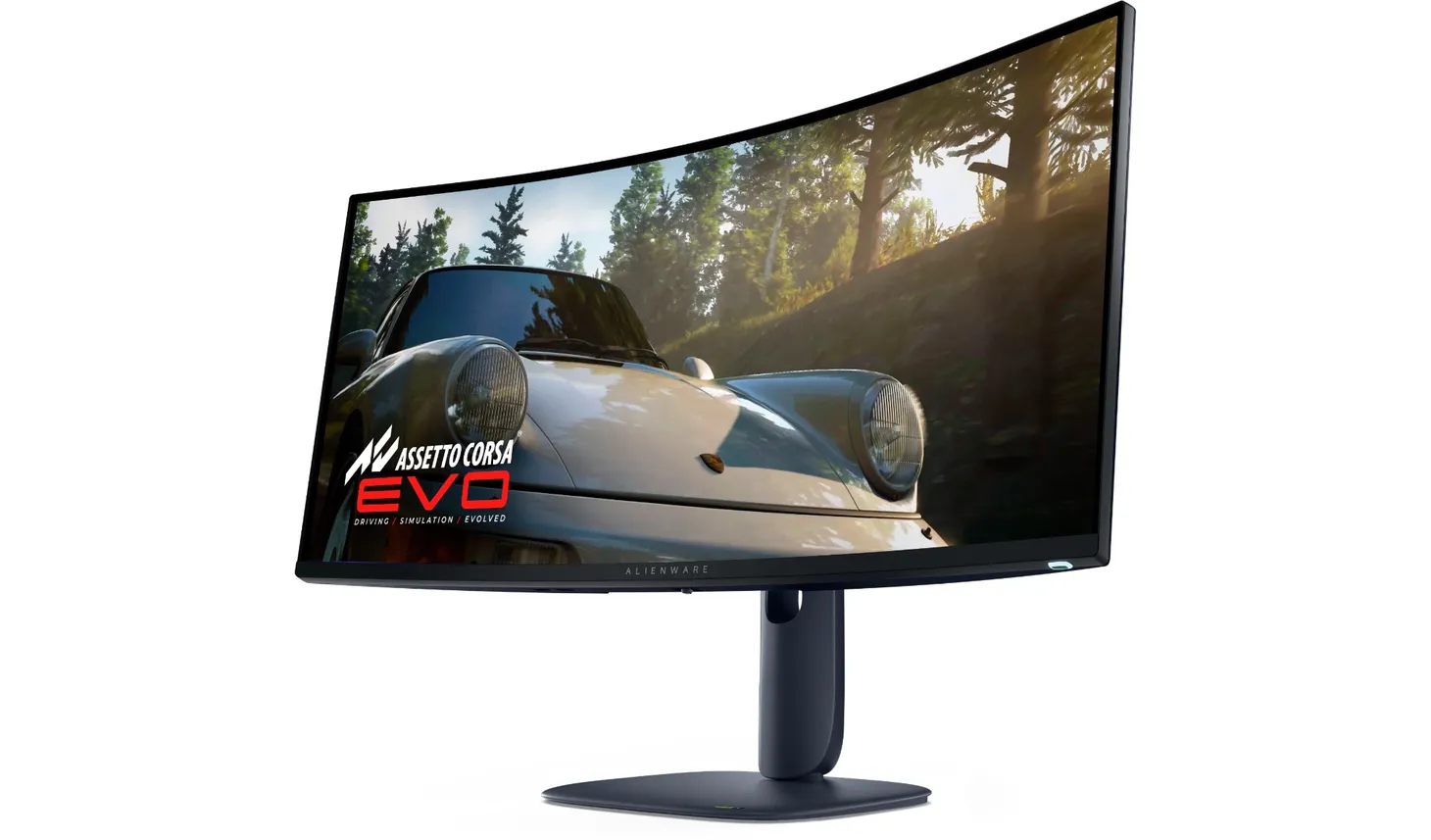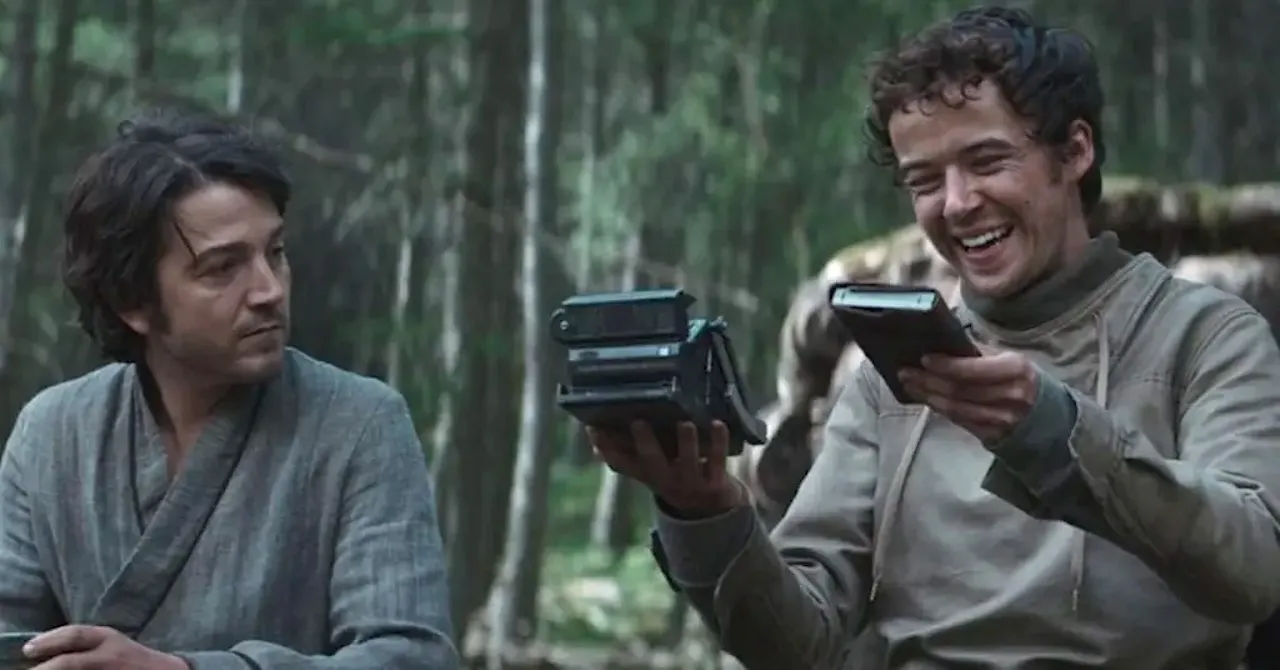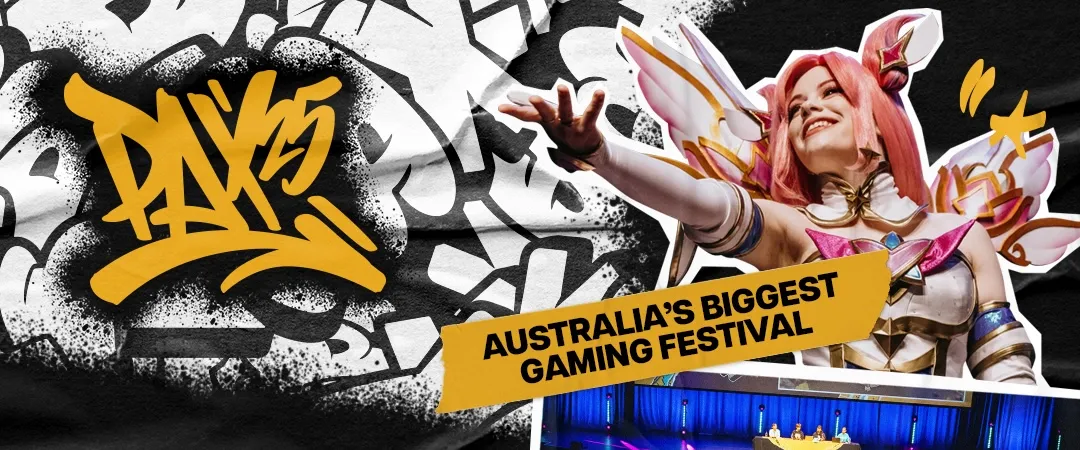PAX Online and digital conventions: are they any good for indie developers?
Game developers tell Byteside how digital-only events changed their story in 2020, and the lessons to make physical events better in future.
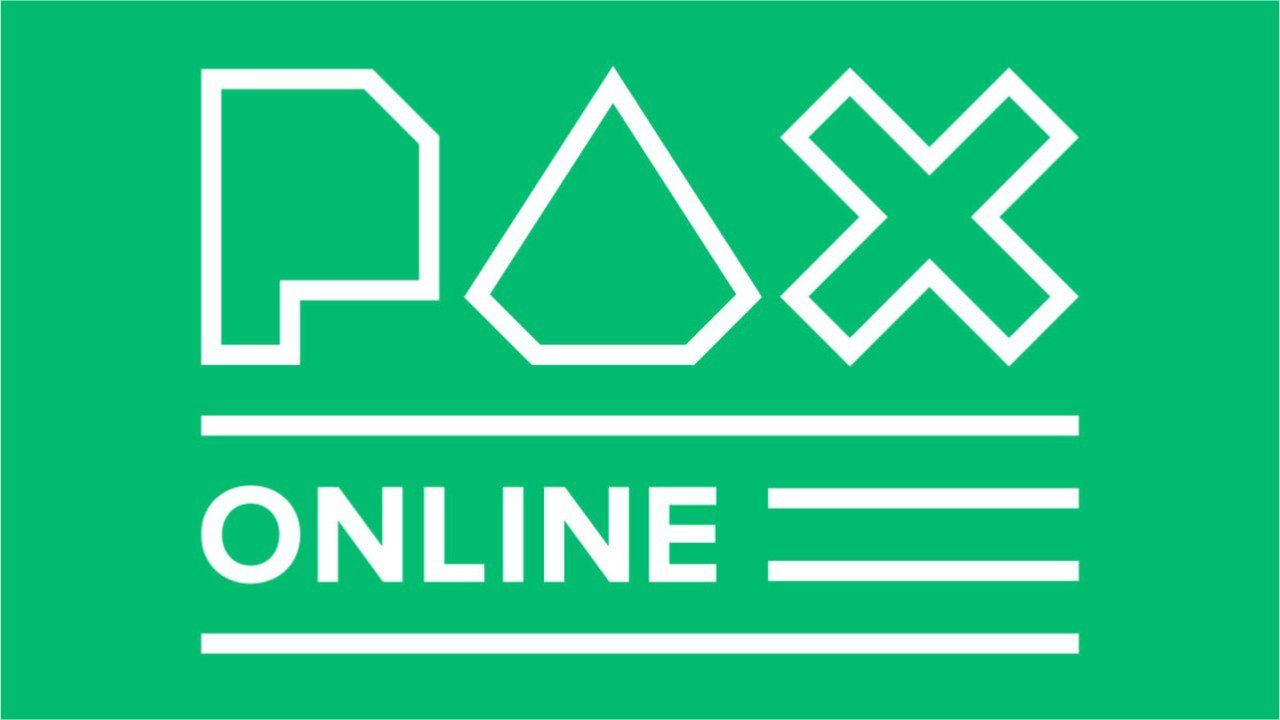
October normally marks the sacred pilgrimage to Melbourne for the video game, tabletop and pop culture extravaganza that is PAX Australia.
Positively bulging with games to play, new friends to meet, and all manner of wonderful things in between, Penny Arcade's Australian convention is a second home for the Southern Hemisphere's collective geekdom.
Not going to PAX Australia this year hurts, but arguably the people most heavily impacted by the lack of events are the independent game developers and publishers who rely on conventions to show their lovingly crafted work to the masses.
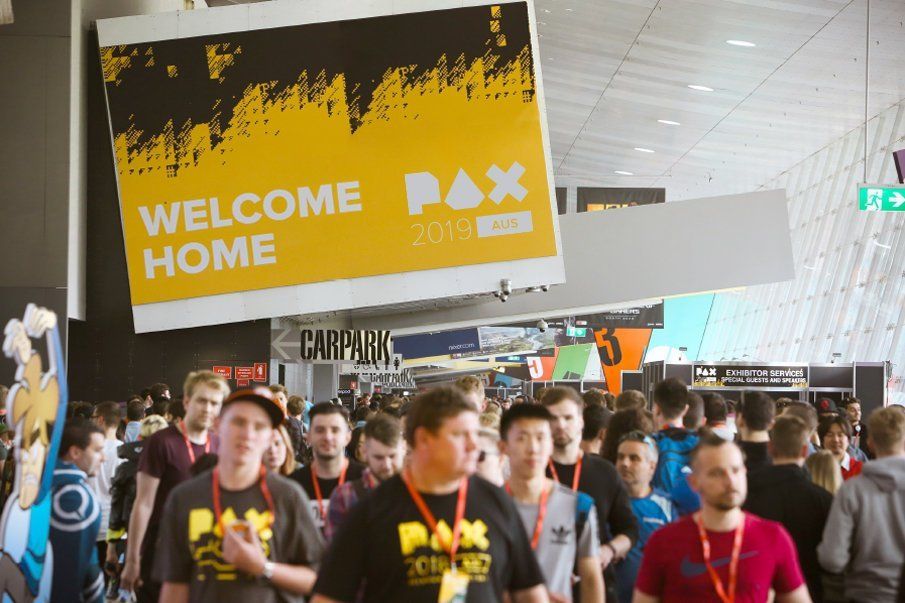
This year, in lieu of physical events, September saw PAX Online and EGX Digital, an entirely-online nine-day event rolling PAX Australia, Seattle's PAX West, and the Euro-centric EGX into one mega convention accessible from the comfort of your own home.
More than 12 million virtual attendees logged in during the event – a staggering number by anyone's standards.
A huge 287 games exhibited at the digital convention – with 240 featuring playable demos on Steam – ranging from locally made indies through to the free-to-play waifu sensation Genshin Impact. 109 of the exhibited games were indies, to be precise.
With such an ambitious event spanning more than a week, the question remains: was the digital replacement a viable alternative for the indie developers and publishers who need to market and playtest their games?
So important to indies
Events such as PAX are about much more than just selling copies; they provide numerous other valuable opportunities not typically available at other times.
For some indies, conventions are primarily about raising awareness of their games and brand, with the aim of adding people to mailing lists, growing social media followings, and gathering wishlists on Steam so potential players are notified upon a game's release.
Meanwhile, for indie publishers — teams who take on many of the business and marketing responsibilities, allowing developers to focus on creating their games — networking and establishing partnerships is just as important.
Chris Wright, Managing Director of publishing label Fellow Traveller of Paradise Killer fame, explains that raising awareness is just the starting point.
"Some other objectives include promoting our overall label brand, getting new sign-ups to our mailing list or followers to our social media accounts, building connections with people, finding new games to sign, meeting with representatives from our business partners like Xbox or Steam," Wright says.
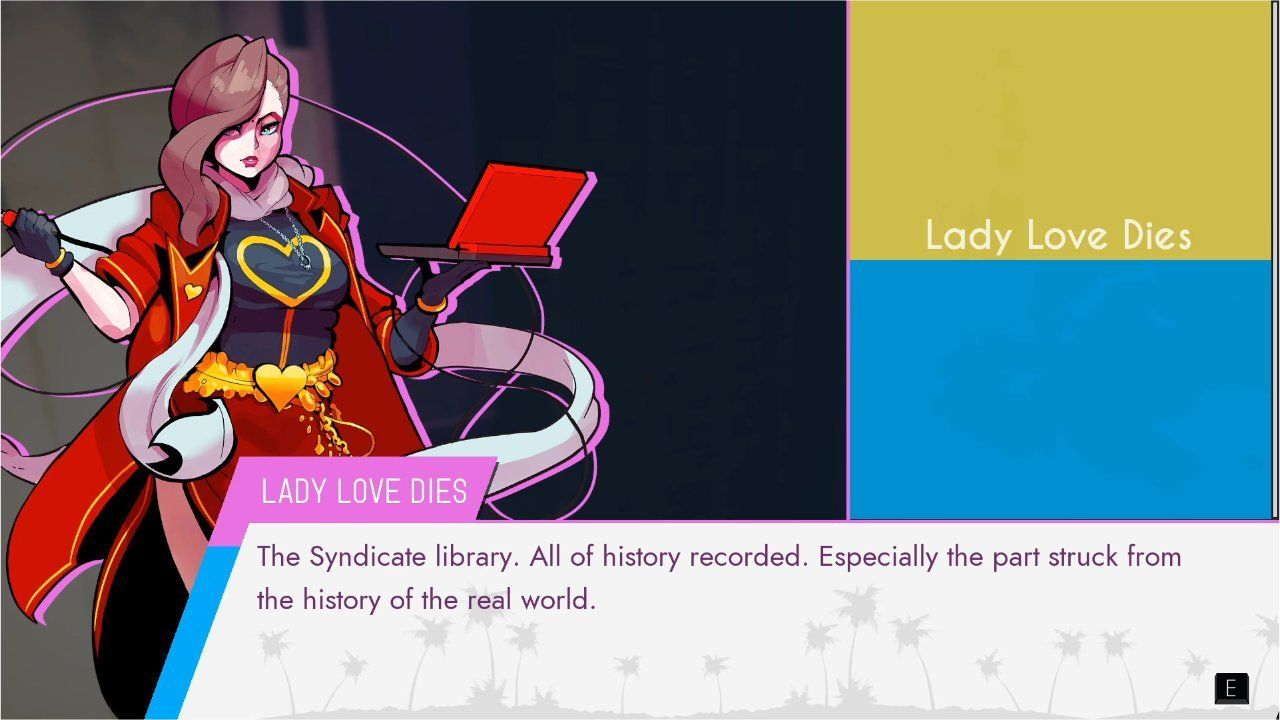
Playable demos are also vital to the convention experience, as they allow attendees to go hands-on and try games they may not have previously. From a development perspective, it's also an opportunity to receive feedback, identify bugs, and make improvements based on how players interact with pre-release builds.
According to Samuel McCully, Publishing Producer at Sydney-based publisher Blowfish Studios who represent indie developers across the world — including locally-made Projection: First Light — demos are vital for standing out.
"The market’s already flooded and getting the game out there in front of players in an engaging demo format is the main goal of our convention presence," McCully says.
"As we are only as strong as the titles we publish, showcasing that to both the public and the dev community is key to [game and brand awareness]."
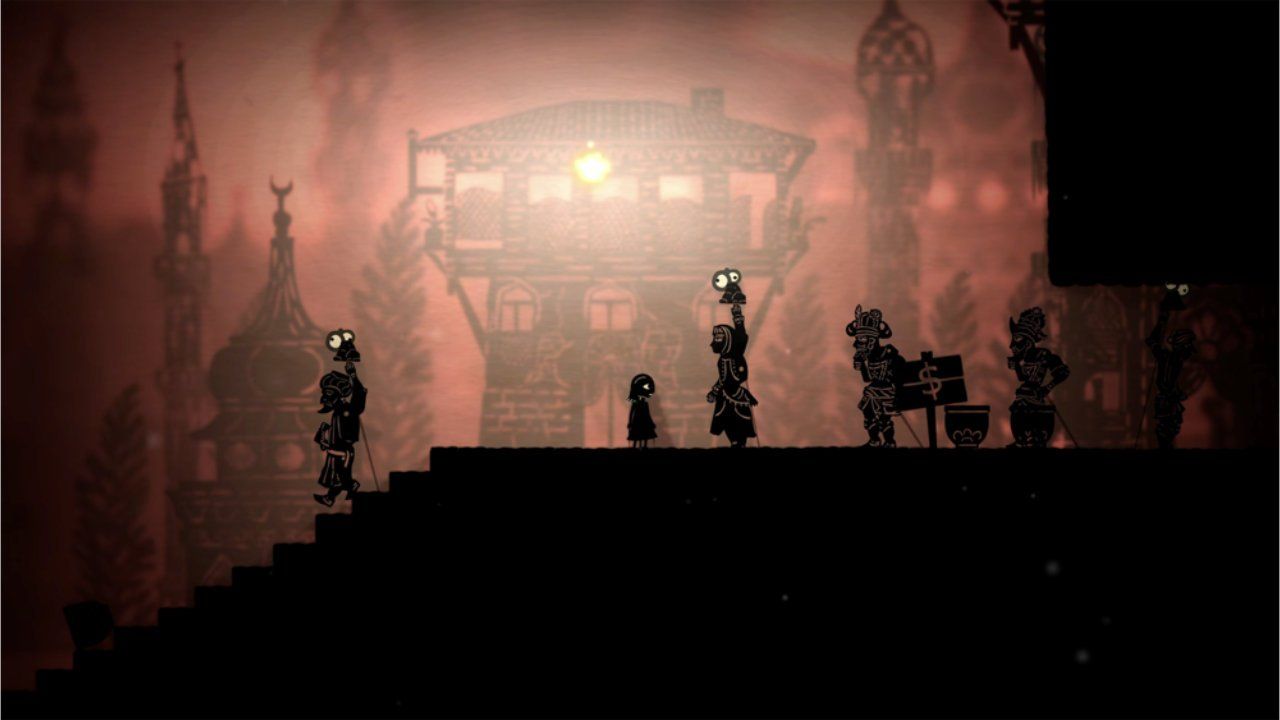
Better than the real thing?
It's a unanimously held view among indie developers that accessibility is the greatest strength of the emerging digital event concept. For Melbourne-based Simon Boxer, the developer behind recent roguelike card battler Ring of Pain, the appeal of online events is strong for this reason.
"[Digital events are] way more accessible, especially for developers in Australia," Boxer says. "Digital events really level the playing field globally for [game developers]."
This ability to sidestep geographical barriers benefits many, including attendees and exhibitors alike, reducing inhibitive travel and setup costs, plus connecting people together globally in a way physical events can't.
"[Digital events] lowers the overall bar to entry for newer developers, which benefits the industry overall," McCully says. "As you’re not paying for booth space and direct physical marketing it means smaller, newer devs can showcase their game on an international platform."
Victoria Tran, Communications Director of Canadian studio Kitfox Games — known for digital sleuth-em-up Lucifer Within Us and upcoming weapon thirst trap Boyfriend Dungeon — says PAX Online enabled the team to generate plenty of interest "at a fraction of the cost of a physical event".
Another benefit of the digital event format is the ability to directly connect with Steam, theoretically creating a more streamlined process for people to buy and wishlist games. Steam ran a featured event during PAX Online, creating a central location on the massive PC storefront for all exhibited games, a benefit Tim Dawson, developer on Unpacking by Brisbane-based Witch Beam, appreciated.
"The digital event was far more successful at increasing our wishlists, not only did we reach a lot more people but all the traffic was being directed through our Steam page which probably helped," Dawson says.
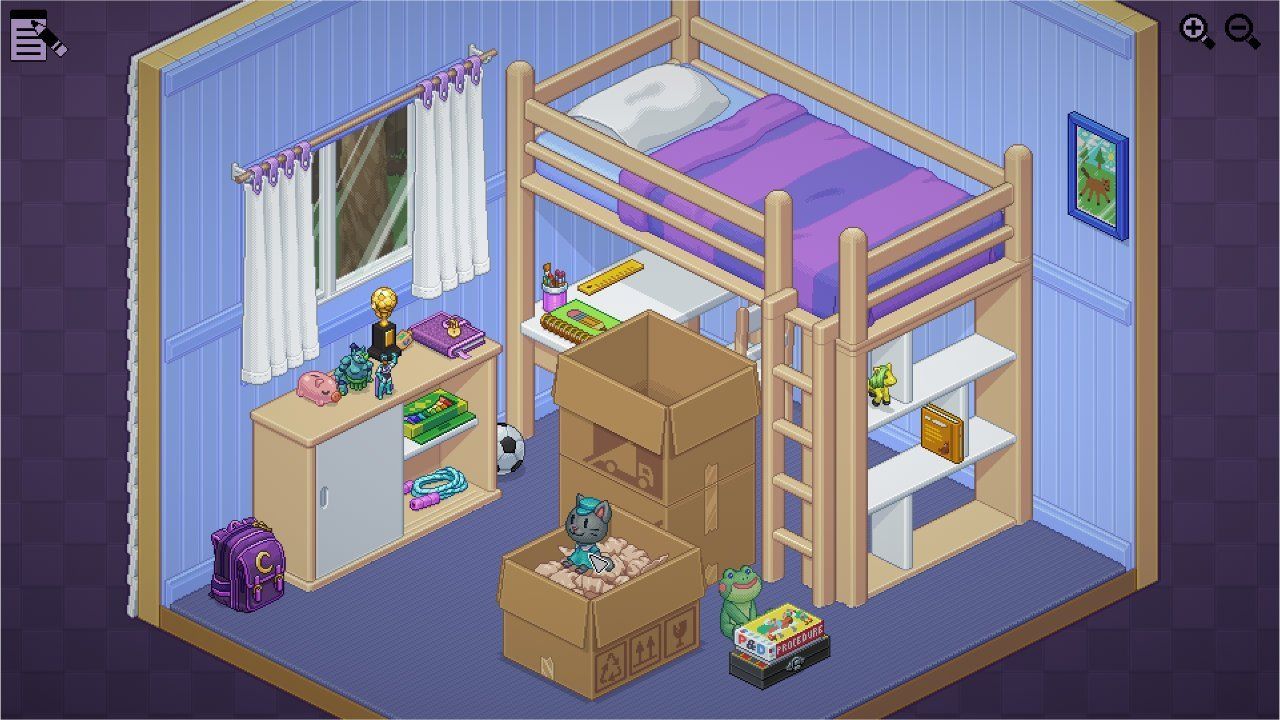
For those, like Dawson, who included a downloadable Steam demo as part of their PAX Online presence, there was plenty of benefit as a result. It likely helps that the lovely meditative Unpacking is best experienced away from the noisy, time-constrictive nature of a busy show floor.
"We knew people were looking forward to [the Unpacking demo] and we'd had a good response at shows, but the reaction to our online demo was overwhelmingly positive and we had praise from regular players, streamers, all the way up to veteran game devs," Dawson added. "Ultimately the whole thing felt like a strong sign we were going in the right direction and should trust our game design."
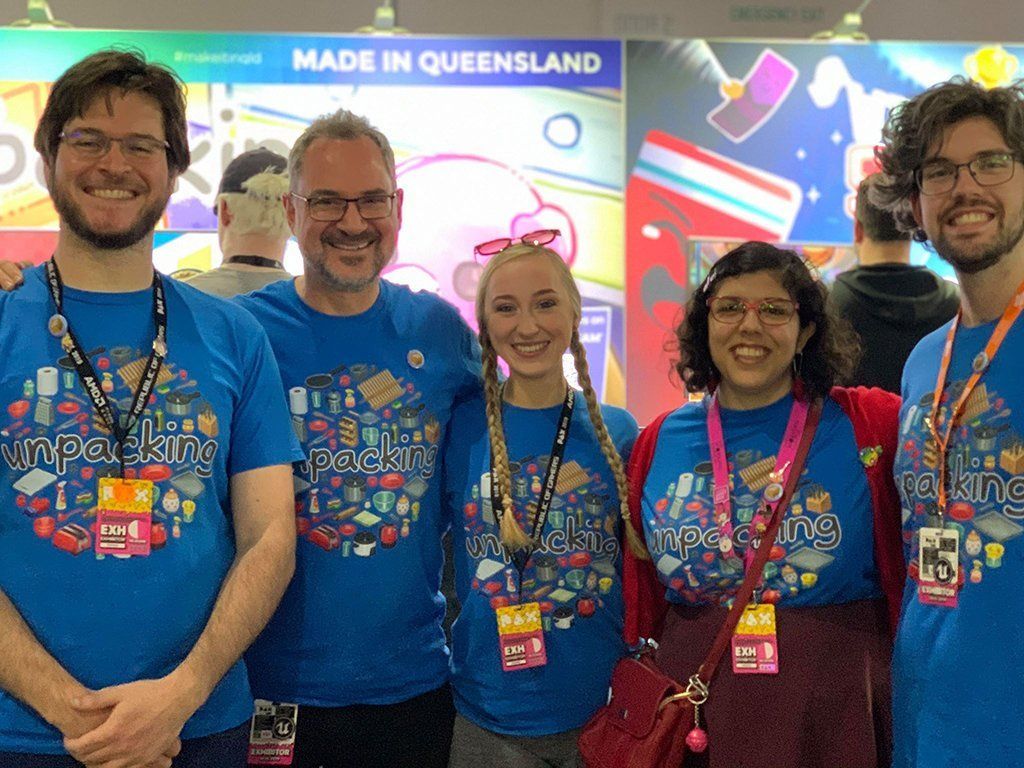
For a first-time format during trying circumstances, the general consensus from developers is that PAX Online was an overall positive experience.
"I think [the PAX Online organisers] did a good job in terms of having a lot of great content on their streams and activity in their Discord," Wright says. "Considering it was the first time they were running the event this way and had limited time to put it together I think they succeeded in recreating the experience of PAX pretty well."
Supplement, not substitute
As with any first times, there's bound to be growing pains along the way, particularly with attempting to act as a stopgap during a year filled with so much disruption.
While some developers saw increased wishlists and online engagement, plenty of others struggled, especially in comparison to the free Steam Summer and Autumn Festivals hosted during 2020.
"...as an indie exhibitor, PAX Online was notably less successful for us than the Steam Festival Summer and Autumn editions in terms of how many people played our demos, came to our store pages or wishlisted the games and it was a bit disappointing in that regard," Wright says.
Boxer also mentions that Ring of Pain saw better numbers during the Steam Summer Festival than at PAX Online despite being an Indie Showcase winner. Although he prefers digital events for their accessibility, Boxer's seen better results at physical conventions — which includes higher wishlist numbers.
"[Physical events are] a chance to meet and talk with gamers, generate interest and show our passion about the game, and we get to see how people react to playing it," Boxer says. "Exhibiting also acts as a public playtest. I always walk away with ideas on how to improve communication in the game and a better understanding of how people play the game, which you don't get from digital events."
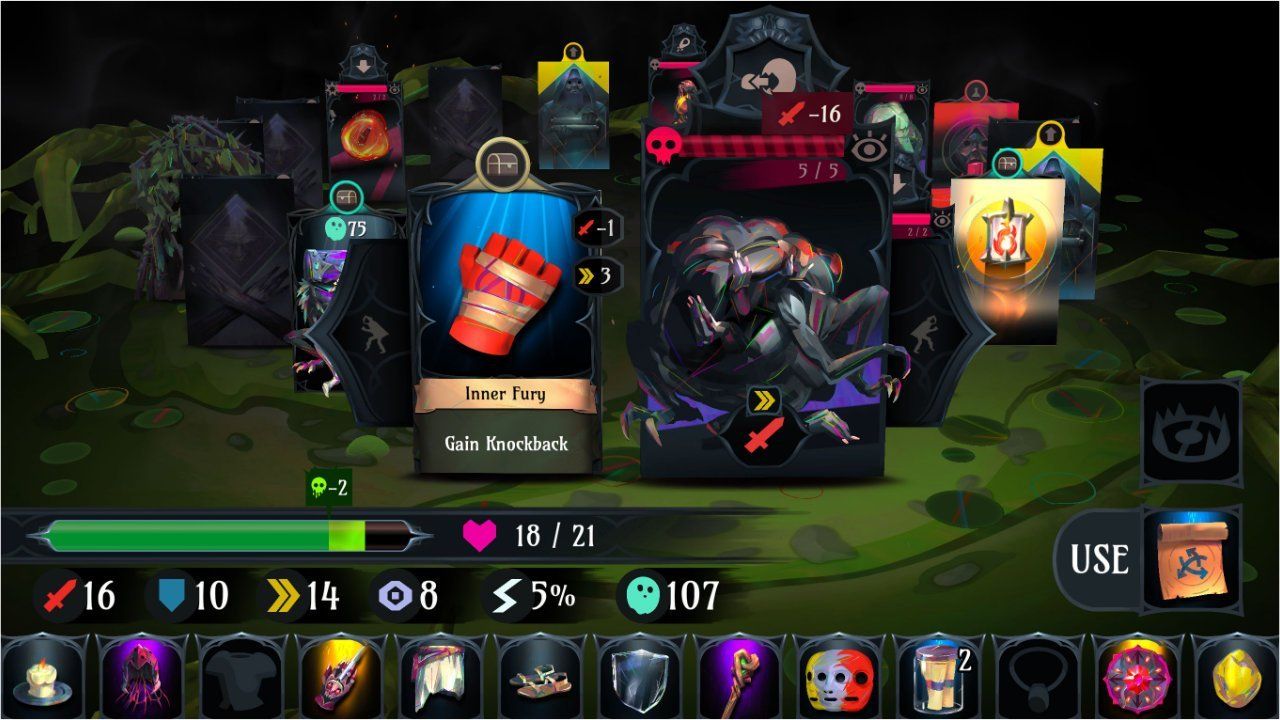
Some developers commented on how draining PAX Online's nine-day duration was, which added to the challenge of trying to stand out among a highly crowded pack.
"...even though it feels like it should be easier since we're in our homes, it's surprisingly draining," Dawson says.
McCully used the phrase "opportunity cost" when discussing how difficult it is to attract virtual attendees' attention during an elongated, free event, as opposed to a regular convention people have paid for and committed to making the most of.
"...you might only have a person’s attention for 30 minutes before they have to go cook dinner, or they switch off from the event and tell themselves they’ll come back to it later, or perhaps they haven’t found anything that engaged with them, so they switch on over to Netflix," McCully says.
Luke Lancaster, Content Manager for PAX Australia who also formed part of the PAX Online team, addressed the "elephant in the room" that was the lengthy event duration in addition to the challenges associated with the digital format.
"Nine days was a long show, we were very concerned about the idea of audience fatigue, and attrition ourselves," Lancaster says. "What we tried to do was offer a variety of content, we tried to have marquee pieces dotted throughout the nine-day show to keep people coming back and to bring in new audience."
"We knew we weren't going to get the focused attention of people buying a ticket to a three-day show, what we could do was volume."
Even the online demo experience — while worthwhile for many — adds many extra obstacles to overcome. Developers need to do additional testing across a wider range of hardware that prospective players might be using, and they can't easily intervene if something goes wrong with the demo build.
Arguably the most difficult aspect for PAX Online and similar digital events to replicate is the sense of togetherness physical events generate.
Nicholas McDonnell, Director at Melbourne-based Samurai Punk — developers of peaceful 'bird simulator' Feather and upcoming Justice Sucks: Recharged — says PAX Online felt "very hands-off" and "didn't capture the sense of community that the physical events do", a sentiment echoed by various other developers.
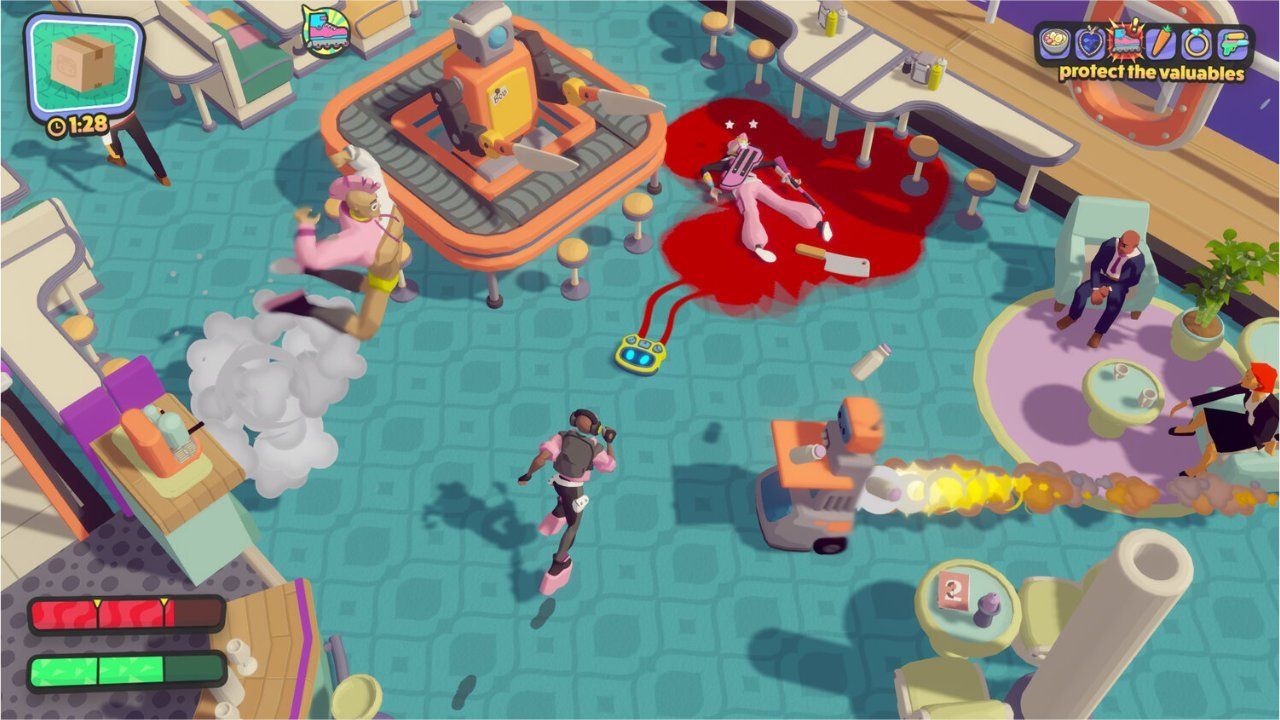
Improve and coexist
One of the great things about PAX Online and the rise of digital events in 2020, is that there are more ways than ever for game developers and publishers to show their work to the world and that each event has its purpose.
"Personally I prefer physical events, as you can definitely ride that convention high and see live player feedback from people trying out the titles that you’re showing off," McCully says. "However, I wouldn’t see it as one or the other anymore. I think they both have their own place and satisfy very different markets."
Depending on who you ask, preferences for digital or physical events differ, but everyone acknowledges the importance of adapting to a constantly evolving industry. If anything, 2020 has taught people to be more picky about where and how they exhibit.
"I would use physical events to focus more on industry-related and community connections, while digital seems to be great for our game from an analytical standpoint," Tran says. "Also, I get tired doing too many physical events [laughs]."
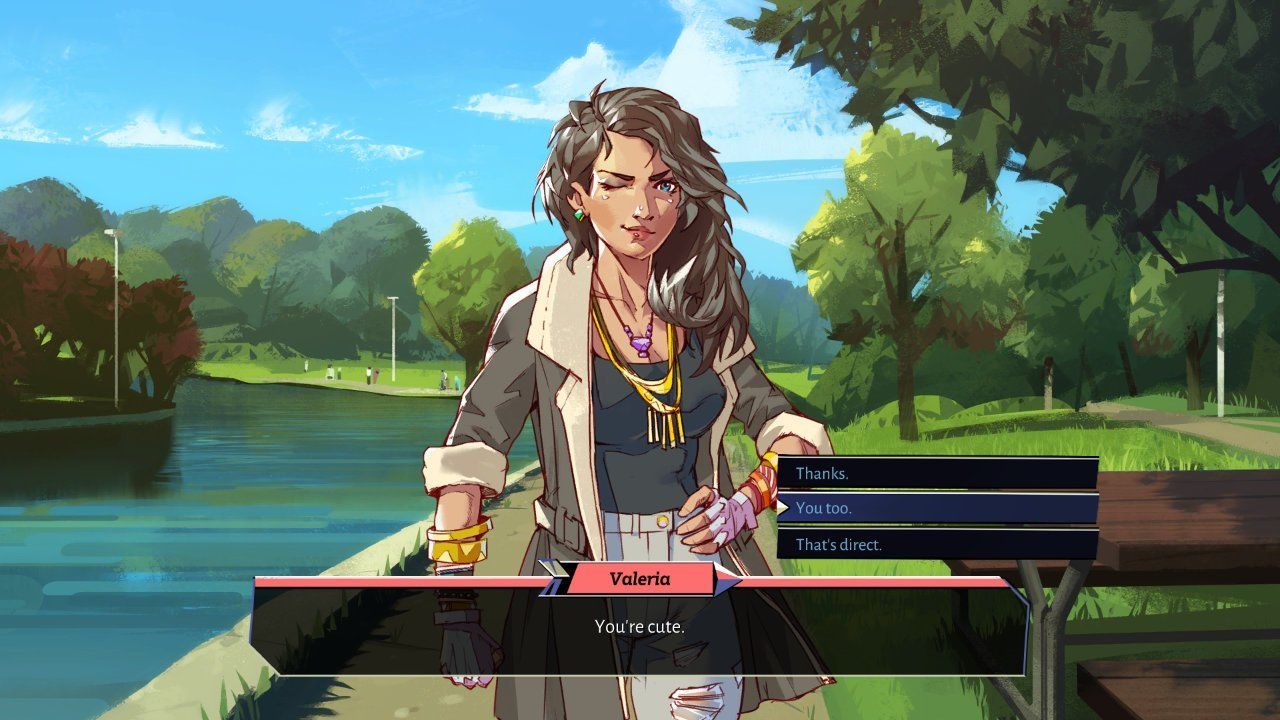
This choosiness extends to targeting specific digital events catering to different demographics in order to achieve the best results. The most successful digital events are those that focus on the C-word: Curation.
PAX Online's gigantic collection of games made it easy for indies to fall through the cracks, but other events like the Game Devs of Color Expo deliberately select a small number of games to maximise everyone's chances of being seen.
"[Game Devs of Color] Expo had a highly curated group of games and had a Steam Event that got featured on their front page," Tran says. "This means a ton of casual players could easily click through and see what games were on display."
"Importantly, there weren't a ton of games. So it didn't feel overwhelming to just casually look through all of them and see what they were about."
Wright has seen similar success with LudoNarraCon, Fellow Traveller's own digital convention that debuted in 2019 to 850,000 virtual attendees. For many of the 20 games featured during the narrative-centric event "it was their single biggest day of wishlists". Interestingly, the 2020 iteration — which had roughly double the exhibitors — added further weight to the benefit of smaller, curated events.
"[LudoNarraCon 2020] was about 10% bigger in terms of traffic but with the extra exhibitors we found that each game saw slightly less wishlists and visits than the 2019 event," Wright says.
Digital discoverability is tough regardless of circumstances, which Lancaster completely acknowledges is simplified at in-person events.
"It's much easier on a show floor when you're physically there to catch the interest of passers by, especially for indie devs," Lancaster says.
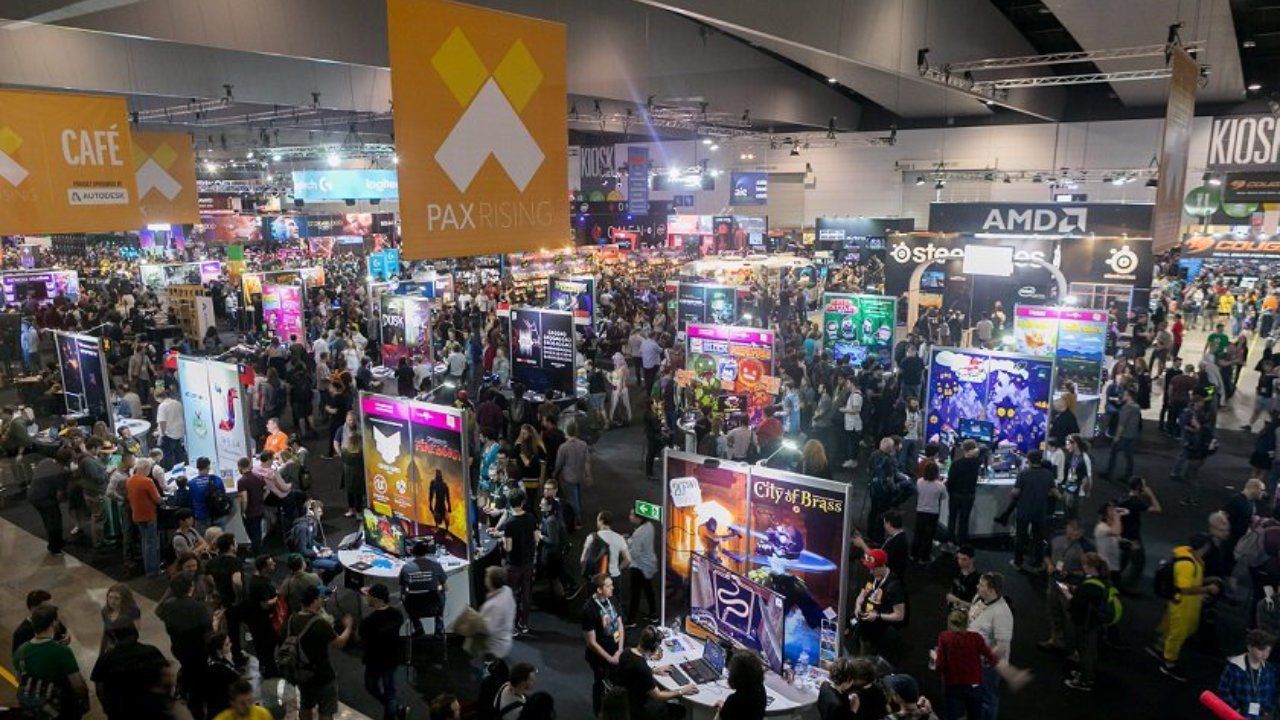
He adds that following an overwhelmingly positive post-show survey of exhibitors and attendees, the only consistent negative mentioned was the lack of a physical event.
"I think it goes without saying that we're all champing at the bit to get back to physical events, there is nothing quite like them," Lancaster says. "That said, we are really exploring what we did with PAX Online and ways we can take those learnings and apply them."
"I think we saw enough from online was really successful and really well received, that we need to start incorporating more digital elements."
Combine the accessibility and content offering of PAX Online with the discoverability of a physical show floor, it sounds like when it returns, PAX will be bigger and better for everyone.
Byteside Newsletter
Join the newsletter to receive the latest updates in your inbox.

